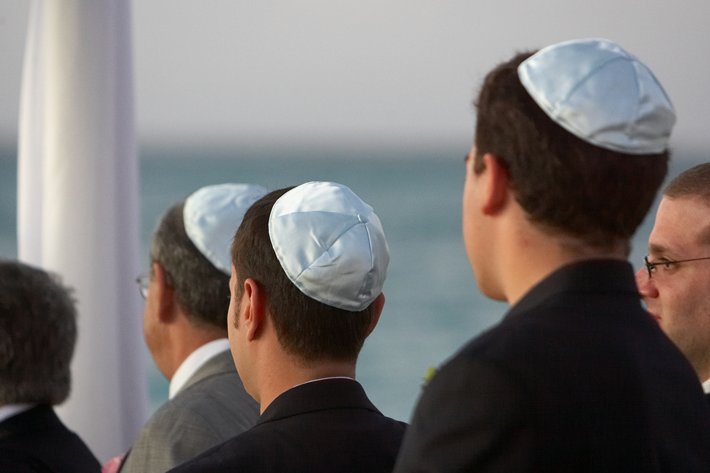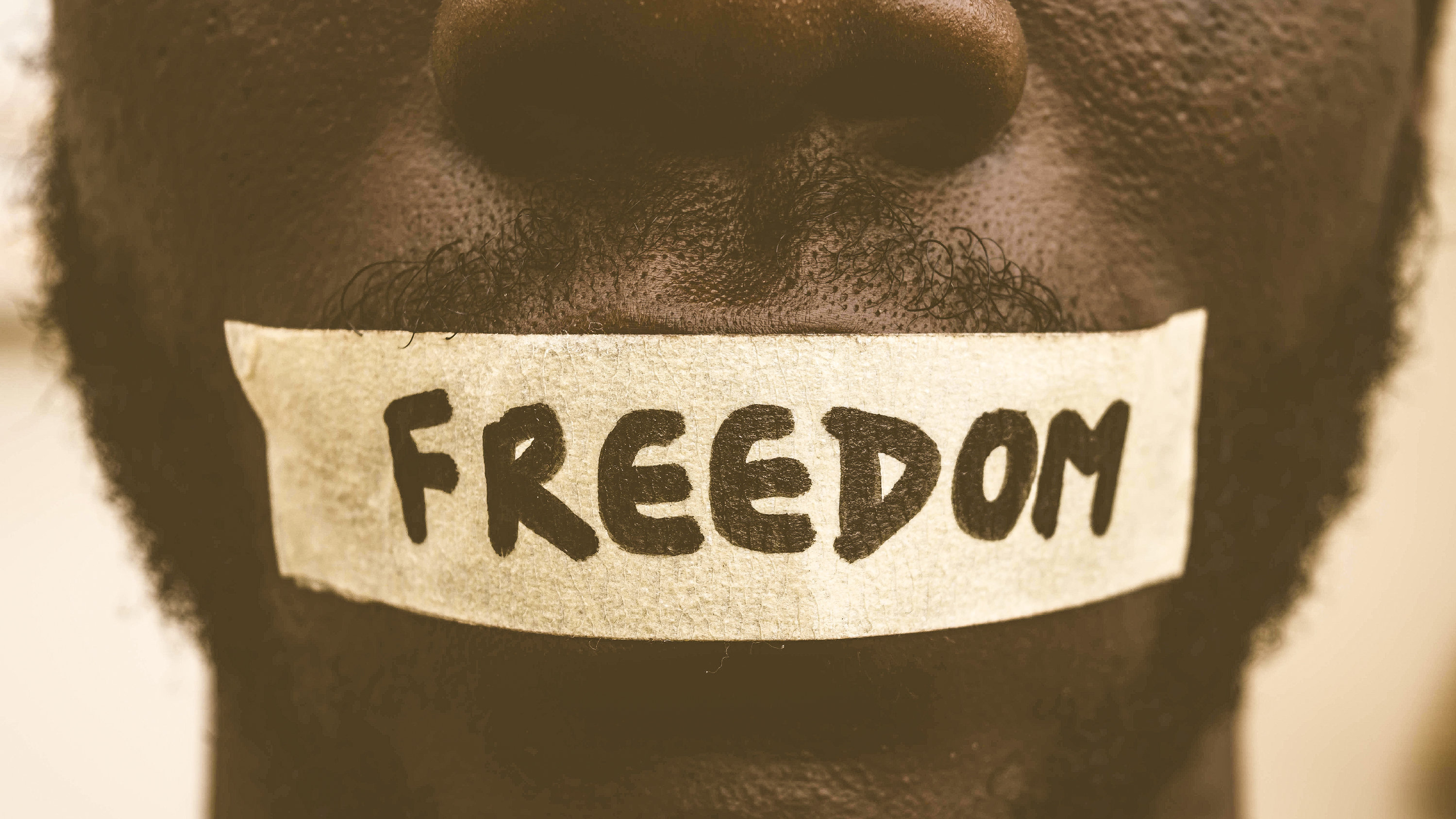
-
HOME
-
WHAT IS STANDOur Mission Our Values Our Help Contact
-
WHAT WE FIGHT FORReligious Freedom Religious Literacy Equality & Human Rights Inclusion & Respect Free Speech Responsible Journalism Corporate Accountability
-
RESOURCESExpert Studies Landmark Decisions White Papers FAQs David Miscavige Religious Freedom Resource Center Freedom of Religion & Human Rights Topic Index Priest-Penitent Privilege Islamophobia
-
HATE MONITORBiased Media Propagandists Hatemongers False Experts Hate Monitor Blog
-
NEWSROOMNews Media Watch Videos Blog
-
TAKE ACTIONCombat Hate & Discrimination Champion Freedom of Religion Demand Accountability
What “Everybody Knows” Actually Isn’t True
I grew up as a member of a minority religious faith.
In my country, in my city, in my neighborhood, I was not “just like” everybody else.

As a child, I heard plenty of casual remarks criticizing my religion. Usually these were not directed at me personally, but were stated simply as “obvious” things that “everybody knows.”
“Everybody knows” that Jews are cruel.
“Everybody knows” that Jews are stupid and sly.
“Everybody knows” that Jews will always cheat you.
I knew (unlike “everybody”) that these things were untrue. I knew members of my Jewish faith who were cruel, but I knew plenty of others (like my parents) who were extremely kind, even to those who were cruel to them. I knew members of my faith who were extremely bright, as well as some who were not all there and many who were in between. As for cheating, fairness and ethical conduct were the things that I had learned about in my religious education. Cheating wasn’t taught—or allowed.
And when my friend who lived next door told me, with a twisted smile, that she couldn’t play with me any more because Jews were “Christ-killers,” I responded hotly that I had certainly never killed anyone and neither had anyone else that I knew.
“Who told you that?” I said. “He’s a liar.”
She looked at the ground, not at me.
“It’s just something that everybody knows. My mom, my dad, the teachers… everybody!”
And she walked away.
Like racism, anti-religious bigotry springs from these fears, and from an unwillingness to find out the truth for oneself.
We were seven. We’d grown up together. She knew me, my brothers, my mom and dad. If she looked with her own eyes, she could see that we weren’t murderers. But she wouldn’t look—not then, maybe not ever.
As hard as it was to lose a friend over something so silly, the blow was harder still to my faith in the wisdom of the adults around me. If even I, a young child, could tell that these things that “everybody knew” were simple and obvious lies, how could grown-ups be repeating them? Believing them? Teaching them to their children?
Bigotry is based in fear. Fear of the unknown, fear of the little-known, fear of self: all of these things combine to create an unreasoning hatred of a person or group. The unknown, after all, is, by definition, different from everything that we trust and understand. The little-known is worse still: we have heard rumors, bits and pieces, and those things are truly things to be afraid of. And in either case, unreasoned hatred of others stems in no small part from a person’s fear that others will find out those things about him that he simply cannot face.
Like racism, anti-religious bigotry springs from these fears, and from an unwillingness to find out the truth for oneself.

That exposure to bigotry at a young age, while hurtful, made me an excellent scholar. After all, if “everybody” isn’t a reliable source of valid information, one must actively seek out good sources and find out the truth for oneself.
In fact, I consider that I was lucky to be raised as a member of a minority group, because it quickly became apparent to me that I needed to look at the world in front of me and evaluate people and situations as they actually were, not as “everybody knew” they were.
As an adult, I discovered Scientology. Of course I had heard rumors—things “everybody knew” about it.
Since “everybody” had no weight with me, when a friend who I had observed to be both intelligent and kind suggested that I read a book by Scientology Founder L. Ron Hubbard, I decided to find out about Scientology for myself.
I read one book, and then another. I learned about Scientology, and discovered in that religion exactly the answers that I had been looking for. And I found that I especially appreciated this message from L. Ron Hubbard, in an essay called “Personal Integrity:”
“What is true for you is what you have observed yourself. And when you lose that, you have lost everything.
“What is personal integrity? Personal integrity is knowing what you know. What you know is what you know and to have the courage to know and say what you have observed. And that is integrity and there is no other integrity. …
“Nothing in Scientology is true for you unless you have observed it and it is true according to your observation.”
Thirty-five years later, I still don’t trust “everybody,” I have personal integrity, and I find out the truth for myself.
I still belong to a minority faith, and it makes me smarter. This time, it’s Scientology.









